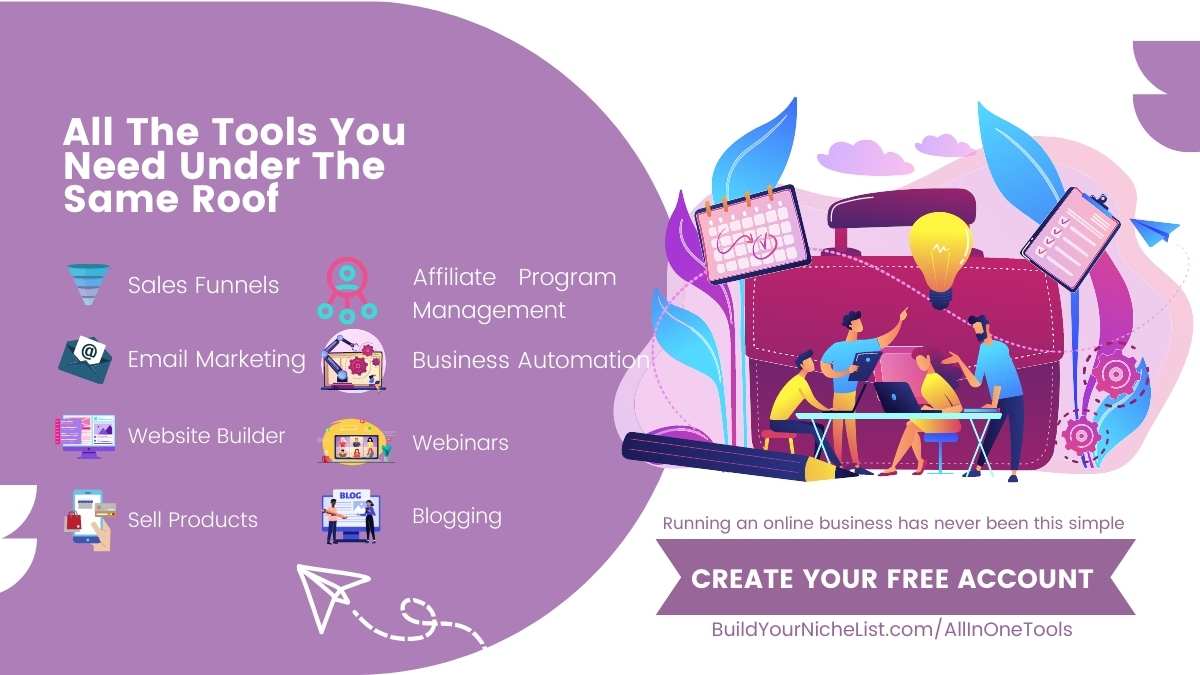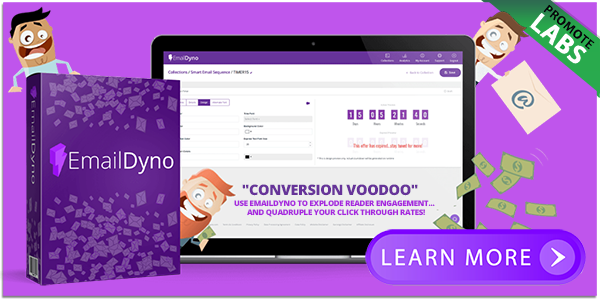We are in the constant chase for web traffic but there’s a good chance we are not making the most of what we already have. We may be able to utilize some easy tweaks to get more out of our current visits.
Conversion optimization sounds intimidating for many business owners. It almost seems easier to get more people coming to your site then get more of them doing something when they are there.
Well, you’ll be happy to know that sometimes it takes just a few easy tweaks to see better results from your site current visits.
How to Increase Conversion Rates on Your Website
1. Add a Clear Call-to-Action
It’s unbelievable how often I land on a page and feel absolutely lost as to what I am supposed to do there. So many pages simply lack a clear call-to-action driving a visitor down the conversion funnel.
A simple clear call-to-action can make a huge difference. And in most cases it’s a really simple tweak.
Browse your website and try to visualize whether it’s clear enough what you want your visitors to do on every single page (Including those informational pages like “About us” and “Our privacy policy”). Never keep your visitors hanging: Show them the path!
2. Publicize Your Sales Materials
Your sales team (or you, if you are handling your sales process yourself) is likely to have developed some valuable materials that help complete those sales. If you sell services or SaaS, these are convincing case studies showing your work. If you sell products, these can be beautiful product catalogs.
If you want to go a step further, you can turn your case studies into well-designed online content like Iflexion did with their portfolio page:

Using your website as a digital hub for everything you have developed is a good idea. If I am trying to choose between two restaurants and one of them has the full menu downloadable from the site, I’ll most definitely choose that one. The more informed your visitors are given, the more trust they have in your brand.
3. Show a Real Person Behind Your Brand
There are an astounding number of business blogs which have “admin” as the author of each blog post … Or which have a totally impersonal “About page”.
People relate to people!
- Add a personal story to your “About” page
- Add names and photos of the managers
- Add personal details of the sales and / or customer service teams on the contact page
- Add an author byline to each blog post describing the author’s expertise
Use personal photos, details, stories throughout the site and you’ll notice a huge increase in conversions. According to Jakob Nielsen, if you offer a personable impression of the author, you enhance your credibility by the simple fact that you’re not trying to hide. People remember people and feel more confident buying from people.
4. Switch to a Responsive Design
I am listing this at #4 not because it’s not important to switch to a responsive design but because in most cases it’s not such an easy switch and this article focuses on easiest things you can perform.
Well, the good news is if your site (or part of it) runs on WordPress, going responsive may be actually very easy. Colorlib did a curated list of best responsive WordPress themes and it’s the most recent list I was able to find. Just pick a theme and customize it so it looks unique. Don’t forget to try using your site from a mobile device once you are done to make sure everything looks and works properly.

5. Add a Secondary Conversion Goal
Sometimes people are just not ready to buy. They may be doing their research. They can get distracted by real life or they may just decide to buy later. They will buy from your brand when they are finally ready though. The key is being there for them when they are ready.
That’s why adding a secondary conversion goal is so essential. Let your non-buyers subscribe and tie them to your brand to mildly remind them of your business in months to come. Send them coupons or gift ideas for the holidays or update them of your important news. What is going to keep them engaged with your brand depends on the nature of your business but being able to contact those who once considered buying from you is gold.
Don’t be too aggressive though: You don’t want to distract your potential buyers from the main goal, i.e. a direct sale. Keep your secondary conversion channel hidden until the user is ready to exit.

Hubspot lists more examples of cool calls-to-action to get inspired.
Sometimes we are doing so much to discover and develop new traffic channels for our website that we totally miss the lower-hanging fruit. Don’t let that happen to you! Utilize your current traffic to its full potential to achieve even better results when your traffic grows!
Are there any other ways to easily improve your site conversions? Let us know in the comments!
Looking at Computer Photo via Shutterstock





